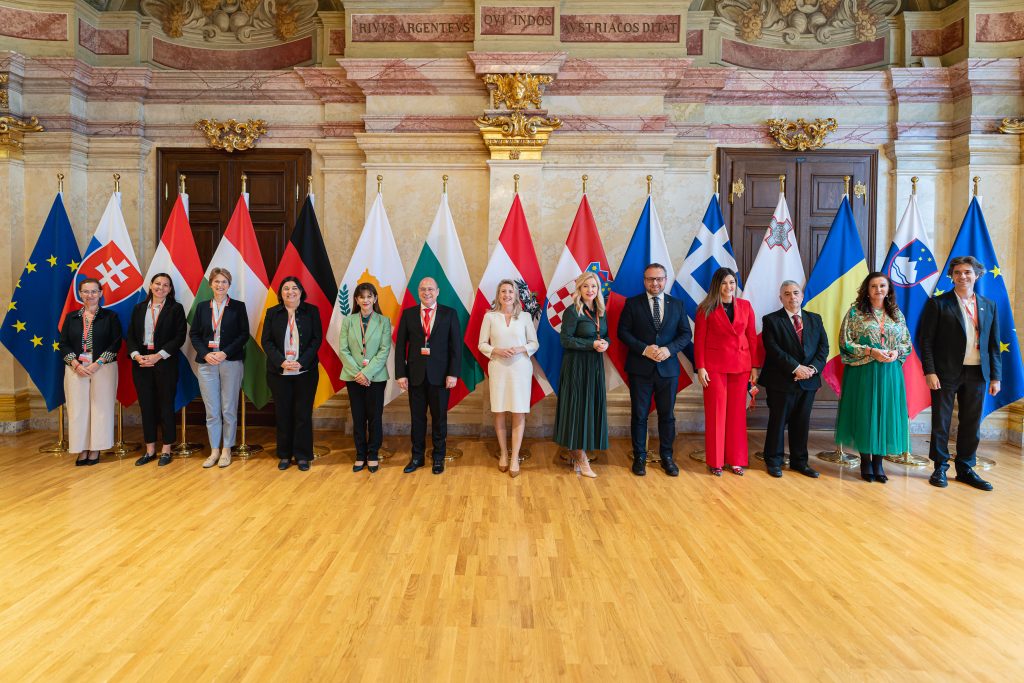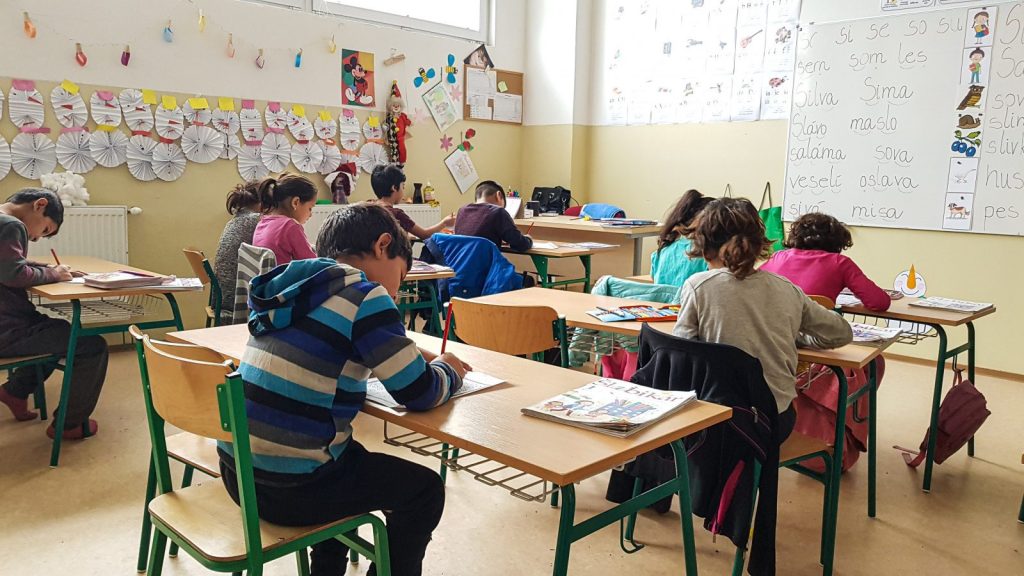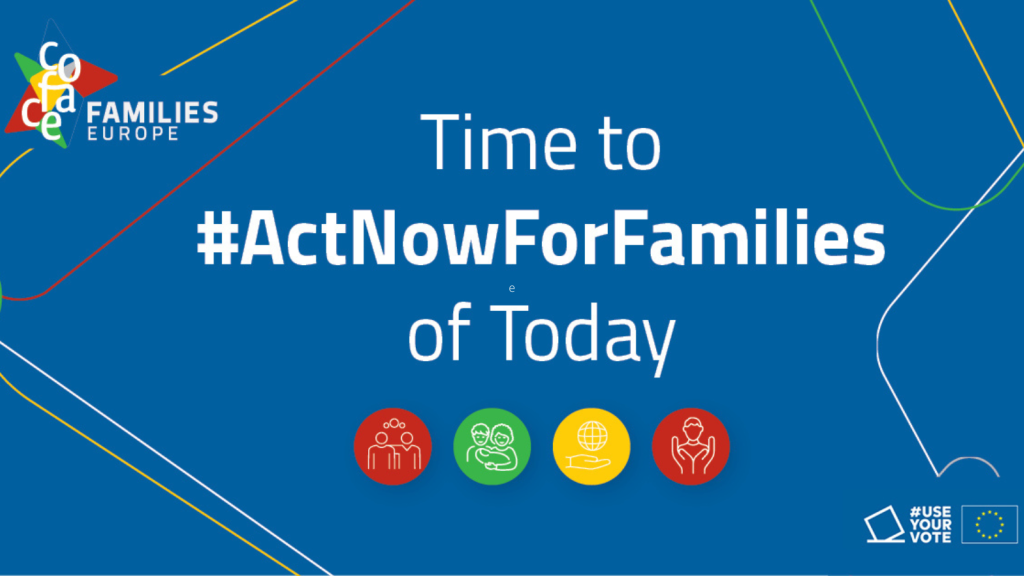Representatives of Genitori Tosti (member of COFACE Disability) attended a European expert meeting co-organised by AIAS and COFACE Disability to take stock of progress in inclusive education in Europe. The event took place at the end of March with 100+ participants in Monza (Italy) looking at the Italian system as a starting point for discussions with European peer countries and with EU policy-makers.
Alessandra Corradi, President of Genitori Tosti and family carer, actively participated in the event and shared her impressions in a blog post. She highlights that the meeting brought together organisations of families of persons with disabilities and service providers, education professionals, persons with disabilities and their families and policy-makers from several countries to examine key actions to implement inclusive education in line with the UNCRPD and the General Comment No. 4. Ms Corradi placed emphasis on the many quality interventions from Italy and other EU countries (e.g. Portugal, Spain, Belgium) as well as European representatives (European Schoolnet, European Network of Independent Living, the European agency for special needs and education, the European Disability Forum, and the European Social Fund). She regretted however the absence of Minister for Disabilities, Alessandra Locatelli and any representative from the Italian ministry for education. While Italy offers useful practices in terms of inclusive education, it still has a long way to go much like all other EU countries, to ensure that students have full access to mainstream education. Ms Corradi calls for nuance and attention to the specifics of implementation when analysing inclusive education across different countries.
The European expert meeting applied the COFACE whole-family lens to the topic of inclusive education as a way to build inclusive societies for persons with disabilities and their families. The programme focused especially on education for building independent living and meaningful inclusion in society and inclusive education from a life course perspective: namely inclusive education beyond compulsory education; and looking at the continuum of services between formal and non-formal education with an added focus on culture and sports. A meeting report will be available shortly – in the meantime, check out the programme and individual presentations on the COFACE website.





